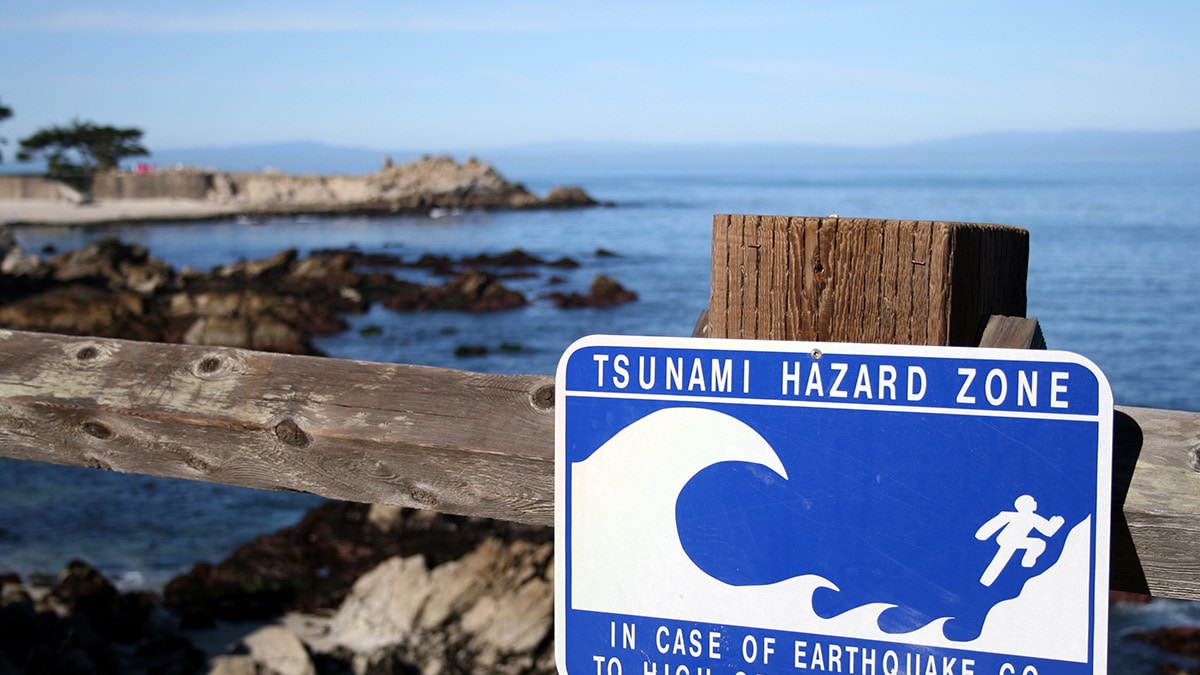Key points
- Learn more about tsunamis and get information about health concerns after a tsunami including food and water safety.
- Know how to prepare for a tsunami and how to stay safe during and after one.
Prepare for tsunamis

Tsunamis, also known as seismic sea waves, are a series of enormous waves created by an underwater disturbance such as an earthquake, landslide, volcanic eruption, or meteorite. A tsunami can strike anywhere along most of the U.S. coastline.
Know how to prepare for a tsunami and how to stay safe during and after one.
Stay safe after a tsunami
After a tsunami, you may face a number of hazards to your health. Know what to do to protect yourself and your loved ones after a tsunami.
Protect yourself from floodwater.
Floodwater and standing water can be dangerous and can make you vulnerable to infectious diseases, chemical hazards, and injuries. Floodwater can also pose a drowning risk for everyone— regardless of their ability to swim. Swiftly moving shallow water can be deadly, and even shallow standing water can be dangerous for small children.
- Stay out of floodwater—it can contain many things that can hurt you or make you sick.
- Always follow warnings about flooded roads.
- Don't drive in flooded areas—cars or other vehicles won't protect you from floodwaters. They can be swept away or may stall in moving water.
Protect your physical health.
After a tsunami, there are a number of hazards that can make you sick or hurt you. Know how to protect yourself and others from injury or illness after a disaster.
Clean up safely.
- Take steps to protect yourself and your loved ones during your cleanup after a tsunami.
- Follow our cleanup tips and monitor your radio or television for up-to-date emergency information.
Take care of your emotional health.
During and after a disaster, it is natural to experience different and strong emotions. Coping with these feelings and getting help when you need it will help you, your family, and your community recover from a disaster.
Contact SAMHSA's Disaster Distress Helpline
- Connect with family, friends, and others in your community.
- Take care of yourself and each other, and know when and how to seek help.
